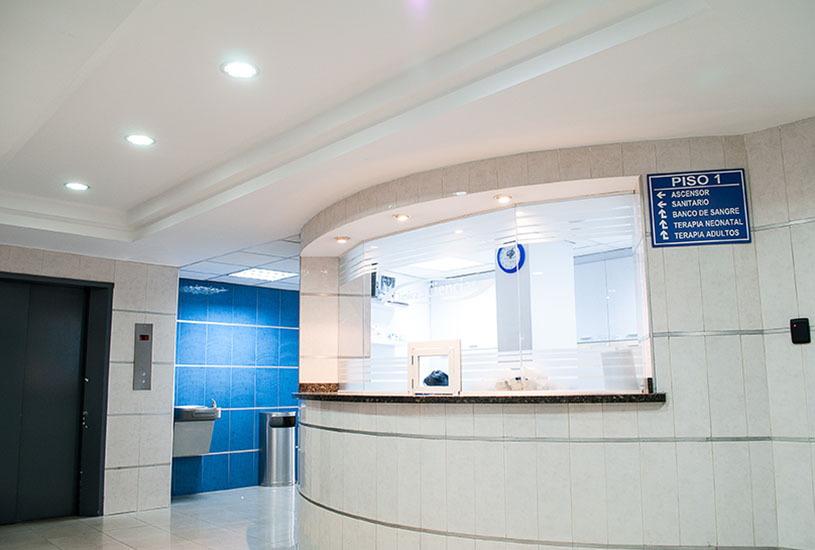Deakin researchers are playing a key role in one of the largest pharmacy trials undertaken in Australia.
Pharmacies across the country will this month begin screening more than 30,000 customers for type 2 diabetes under a government-funded trial.
The Pharmacy Diabetes Screening Trial will involve 363 pharmacies in metro, rural and remote areas in every Australian State and Territory. It will test three models of screening in asymptomatic people aged 35-74 years.
The trial is a collaboration between the Pharmacy Guild of Australia, the University of Sydney and Deakin University.
It falls under the $50 M 6CPA Pharmacy Trial Program, which will fund new and innovative community pharmacy trials to improve clinical outcomes for consumers.
Dr Kevin Mc Namara, of Deakin’s School of Medicine, said Deakin researchers were playing an important role in the Pharmacy Diabetes Screening Trial, the first to be rolled out under the Pharmacy Trial Program.
“Faculty of Health researchers from Deakin Rural Health and the School of Medicine, the Biostatistics Unit and Deakin Health Economics are providing input into the trial design and analysis, particularly relating to statistical and health economic analysis, and practice implementation,” he said.
[testimonial_text]The trial will evaluate which screening approach in pharmacies is more likely to identify people with undiagnosed diabetes, and which is the most cost effective method.[/testimonial_text]
[testimonial_picture name=”Dr Kevin McNamara” details=”Research Fellow”]
 [/testimonial_picture]
[/testimonial_picture]The prevalence of type 2 diabetes in Australia is estimated to have risen from 1.5 per cent to 4.4 per cent between 1989-90 and 2014-15.
The number of people with undiagnosed diabetes is unknown, but is estimated to be up to 500,000.
This high rate of undiagnosed diabetes highlights the need for more effective screening of the general population.
Dr Mc Namara explained that the trial would identify people with undiagnosed type 2 diabetes and those at those at high risk of developing type 2 diabetes.
“These patients will be referred to a GP for appropriate advice and treatment, as a major emphasis of the trial is not just screening, but getting at risk people to see a doctor,” he said.
“However, the main outcome we’re hoping for is earlier identification of diabetes in the population.
“If caught early enough, the onset of related cardiovascular diseases and complications can be prevented or delayed.”
During the cluster randomised control trial, geographical clusters of approved pharmacies will be randomly allocated one of the three screening interventions to trial. Patients referred to GPs will be followed up by researchers to enable a comparison of the rate of newly detected diabetes in each arm of the trial.
Researchers will also evaluate the proportion of people referred to a GP, and the proportion of people who take up the referral and the difference in proportions of newly diagnosed cases of pre-diabetes.
An economic analysis will investigate the relative cost-effectiveness of the different interventions.
Dr Mc Namara said patient recruitment would begin in December. The researchers hope to complete data collection by the middle of next year and provide results by the end of 2017.



